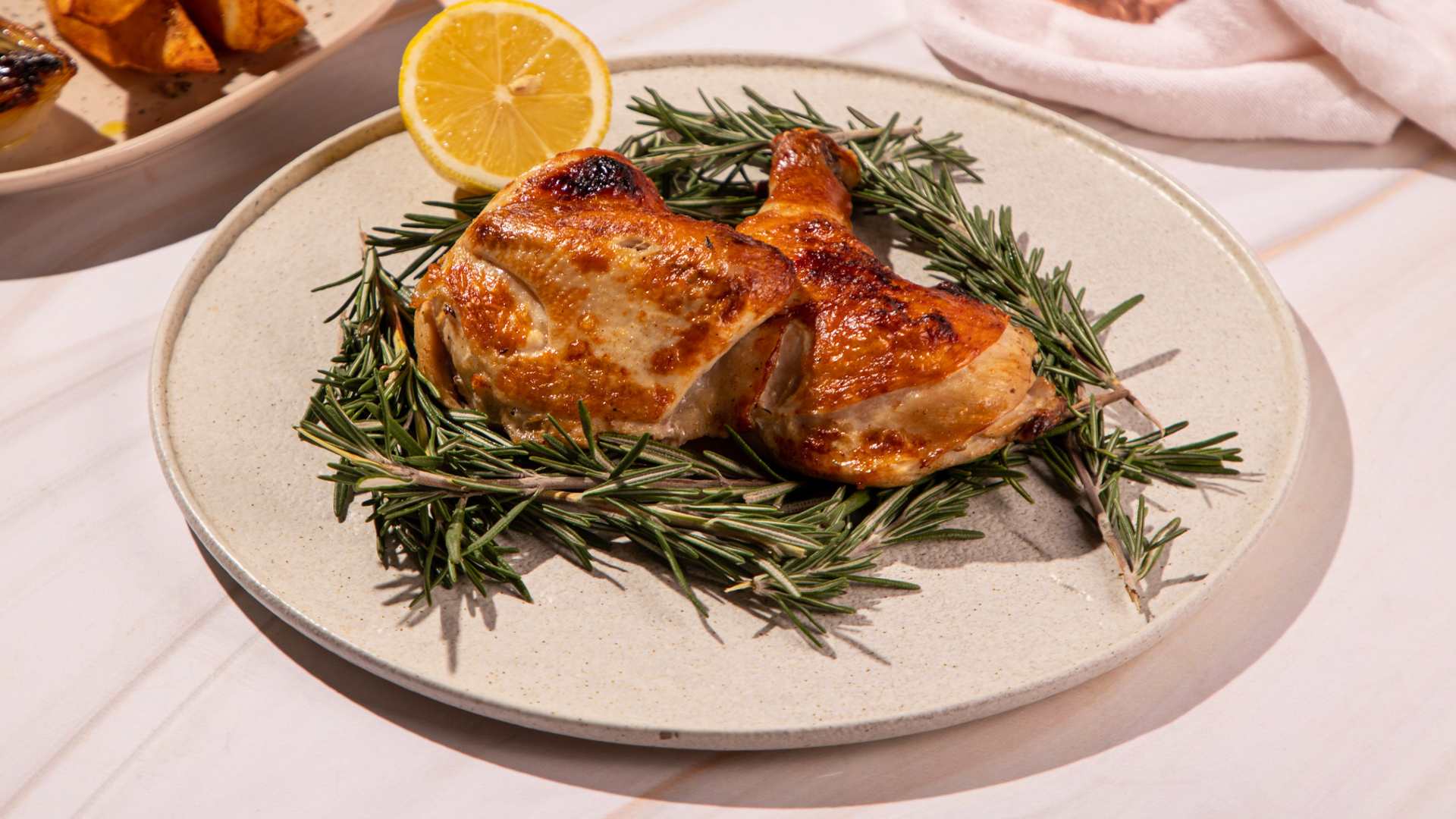Baklava, the iconic pastry known for its layers of flaky phyllo dough, rich nuts, and sweet syrup or honey, is a dessert that has transcended borders and eras. While many cultures claim its origins, baklava’s history is a rich tapestry woven from the threads of various civilizations.
Ancient Beginnings
The precise origin of baklava is often debated, but it is generally believed to have roots in the ancient civilizations of Mesopotamia, around 2,800 BC. Early versions of baklava-like desserts were made by layering unleavened flatbread with nuts and honey. These early iterations set the stage for the baklava we know and love today.
Byzantine Influence
The Byzantine Empire, which ruled over much of what is now Turkey and Greece, played a crucial role in the evolution of baklava. The Byzantines are credited with developing the concept of layered dough, a technique that would become a hallmark of baklava. They added spices and nuts, enriching the flavor and complexity of the dessert.
Ottoman Perfection
The baklava we recognize today was perfected during the Ottoman Empire, which ruled from the 14th to the early 20th century. The Ottomans refined the pastry, creating the thin, delicate layers of phyllo dough and introducing a wide variety of nuts and spices. It became a staple in the kitchens of the Topkapi Palace in Istanbul, where it was served to royalty and dignitaries.
If you are looking for bracelet. There’s something to suit every look, from body-hugging to structured, from cuffs to chain chain bracelet and cuffs.
The Ottoman Empire’s extensive reach meant that baklava spread across a vast region, from the Balkans to the Middle East. Each culture adapted baklava to its own tastes, resulting in the diverse variations found across the world today.
Baklava’s Journey to Greece
In Greece, baklava has been embraced and cherished as a quintessential part of its culinary heritage. Greek baklava typically uses a combination of walnuts, almonds, and pistachios, and it is often flavored with cinnamon and cloves. The syrup, made with honey, sugar, and sometimes a hint of lemon, gives Greek baklava its distinctive sweetness and aroma.
A Culinary Delight at Ilios Greek Estiatorio
Today, baklava continues to be a beloved dessert around the globe, enjoyed by people of all ages. At Ilios Greek Estiatorio, we honor this timeless treat by bringing you an exclusive version that stays true to its rich history and tradition. Crafted with the finest ingredients and meticulous attention to detail, our baklava offers a taste of the Mediterranean without leaving Mexico.
Join us at Ilios Greek Estiatorio, the best Mediterranean restaurant in Mexico, and indulge in our exquisite baklava. Let the flavors transport you to the ancient lands where this delectable dessert was born.

